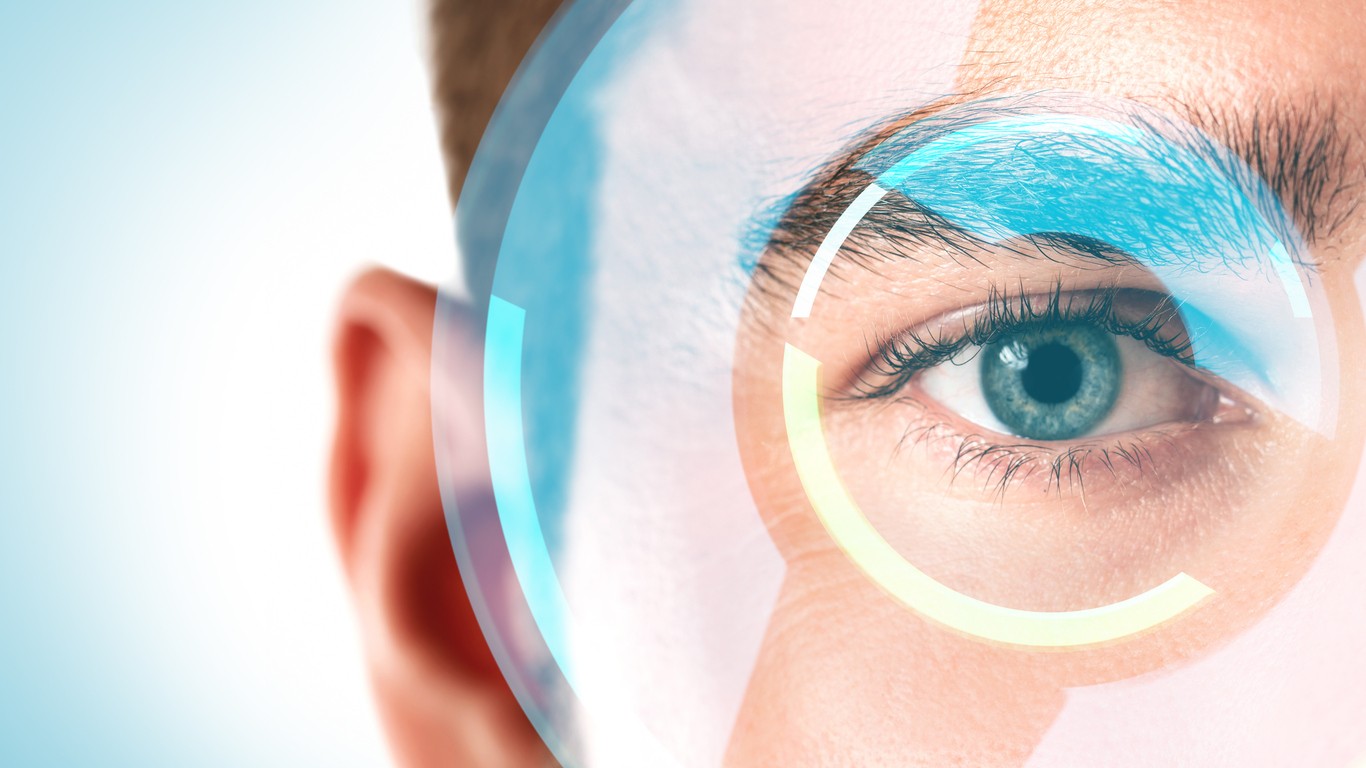All Categories
Featured

While many people understand the importance of securing their skin from the sun, the hazardous effects of ultraviolet (UV) rays on eye wellness often go overlooked. However, excessive direct exposure to UV radiation can bring about a variety of eye problems, some of which can lead to permanent damage. Whether you're saturating up the sun on a summertime day or walking outdoors on an over cast mid-day, securing your eyes from UV rays is vital. Below's what you need to learn about the results of UV radiation on your eyes and how to safeguard them.
What Are UV Rays? UV rays are a sort of electromagnetic radiation sent out by the sunlight. They are classified into 3 types:
UVA Rays: These penetrate deep right into the skin and eyes and can add to long-term damage. UVB Rays: These rays are extra extreme than UVA and are mostly liable for surface-level damage to the eyes and skin. UVC Rays: These are the most hazardous yet are mainly taken in by the Planet's ozone layer and do not commonly reach us. UVA and UVB rays are the main culprits behind eye-related damage.
Short-Term Results of UV Direct Exposure on the Eyes. Also short-term direct exposure to intense UV rays can damage your eyes. One usual condition created by this is photokeratitis, or "sunburn of the eye." Signs of photokeratitis consist of:
Painful, red eyes. Level of sensitivity to light. Tearing or excessive watering. Short-lived vision loss or fuzzy vision. Photokeratitis is typically short-term, but it acts as a caution of how damaging UV direct exposure can be, even in little dosages.
Long-Term Impacts of UV Direct Exposure. Long term exposure to UV radiation can result in more serious and permanent eye conditions, such as:
Cataracts: UV rays can increase the formation of cataracts, a problem that creates clouding of the eye's all-natural lens, causing blurry vision and, if neglected, blindness.

Macular Deterioration: UV exposure can damage the retina, specifically the macula, boosting the risk of age-related macular degeneration (AMD), which affects central vision.
Pterygium: A development of tissue on the white component of the eye that can expand over the cornea, triggering pain, soreness, and vision problems.
Pinguecula: UV direct exposure can trigger yellowish down payments to create on the conjunctiva, resulting in inflammation and dryness.
Skin Cancer Around the Eyes: The delicate skin bordering your eyes is extremely susceptible to UV radiation, raising the danger of skin cancers like basal cell carcinoma and squamous cell carcinoma.
Exactly How to Safeguard Your Eyes from UV Rays. Safeguarding your eyes from UV rays is simple and needs a few mindful practices:
Buy High Quality Sunglasses: Pick sunglasses that obstruct 100% of UVA and UVB rays. Search for labels that define "UV 400" security. Wrap-around designs are perfect as they block UV rays from the sides too.
Use a Wide-Brimmed Hat: A hat with a brim at the very least three inches large can considerably reduce UV exposure to your eyes and face.
Limit Exposure Throughout Peak Hours: UV rays are toughest between 10 a.m. and 4 p.m. If you need to be outdoors throughout these hours, make sure you're sufficiently protected.
Do Not Be Tricked by Clouds: UV rays can penetrate with clouds, so it's important to wear sunglasses even on cloudy days.
Shield Your Eyes Year-Round: Snow, sand, and water can mirror UV rays, magnifying their impacts. Eye security isn't simply for warm summer days-- ensure you're covered in all periods.
Use UV-Blocking Contact Lenses: Lots of call lenses now include UV security. If you wear contacts, ask your ophthalmologist concerning lenses with integrated UV filters for added protection.
Urge Eye Defense for Children: Kid's eyes are more conscious UV rays because their lenses are clearer, enabling more radiation to reach the retina. Make certain they wear sunglasses and hats during outdoor tasks.
Normal Eye Examinations. Normal exams with an eye treatment specialist are vital for early discovery of any kind of UV-related damages. An optometrist or eye doctor can assess your eyes, suggest protective actions, and find problems like cataracts or macular degeneration early on.
Final thought. By using UV-blocking sunglasses, restricting sunlight exposure during top hours, and staying constant with eye exams, you can guarantee your eyes stay healthy and your vision continues to be clear for years to come. Shielding your eyes from UV radiation isn't just regarding convenience-- it's a necessary step in preserving your long-lasting eye health.
Latest Posts
Experience Waterfront Dining at Deauville Inn's Sunset Deck
Why Obtaining Pre-Qualified for Vehicle Financing Makes Feeling
Your Local Floor Covering Experts in Orland Park, IL